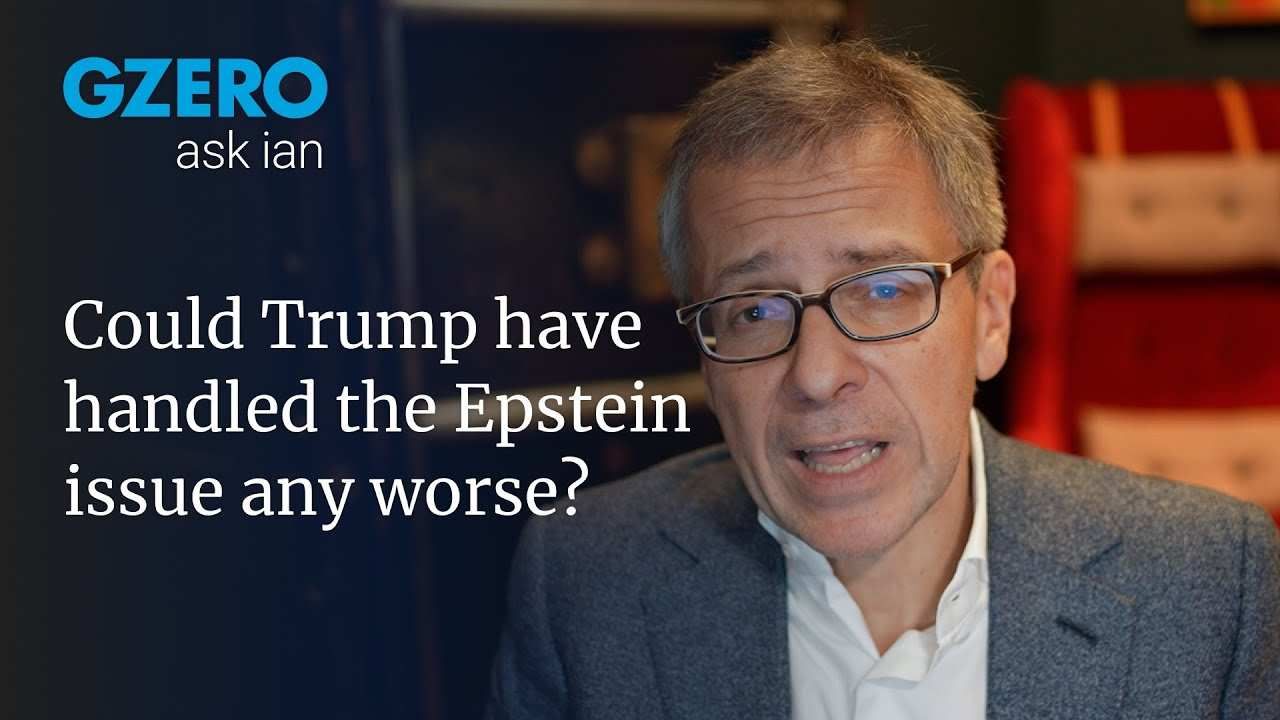179,000: An analysis by the Trade Partnership, a consultancy, predicts that higher prices for steel and aluminum under the Trump administration’s new tariffs will create 33,000 jobs in industries that produce these metals, but destroy as many as 179,000 jobs in industries that consume them. Trade policy is always a trade-offs policy: which blue-collar votes does Trump value more — those of steel makers or, say, auto makers?
98: The USA has supplied major arms to 98 states since 2013, according to SIPRI. Exports to governments in the conflict-torn Middle East accounted for half of those exports, by volume. More broadly, the Middle East accounted for a third of all global arms imports during that period. While cyberwarfare looks like the biggest challenge of the future, conventional weapons are still wreaking plenty of havoc in the world’s deadliest region.
73: Per capita GDP in Russia rose by 73 percent between the beginning of Putin’s first term as president in 2000 and 2016. This, coupled with his forceful reassertion of Russia’s global role, accounts in part for Putin’s high popularity as he heads for re-election this Sunday. But most of those economic gains were achieved more than a decade ago, and Putin has still failed, so far, to achieve his objective of matching average incomes in Portugal.
50: In China, by contrast, the economy has grown by more than 50 per cent, to $13.1tn, since President Xi Jinping took power five years ago. Some 66 million new urban jobs were created, and 68 million people left poverty during that period. Now that Mr. Xi is preparing to stick around for a while, can he continue to deliver the economic Chinese Dream that he has promised?
8.9: If Ghana hits a projected growth rate of 8.9 percent this year, it could be among the fastest growing economies in the world, outpacing tech-giant India and eclipsing Ethiopia as Africa’s economic star. But there are big questions about whether the tiny West African nation’s dependency on commodities (oil and cocoa) are a boon or a burden for sustainable growth and job creation.
